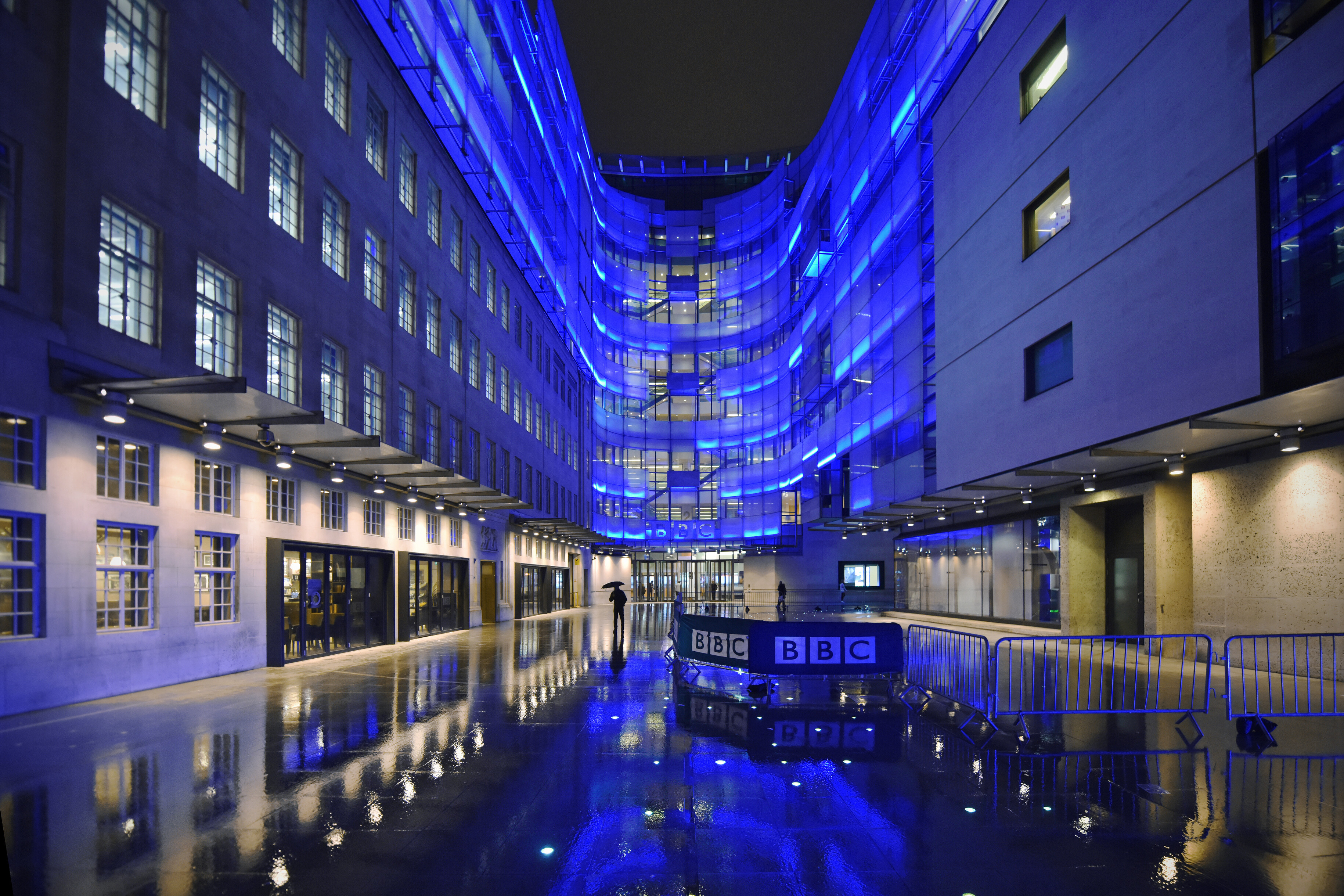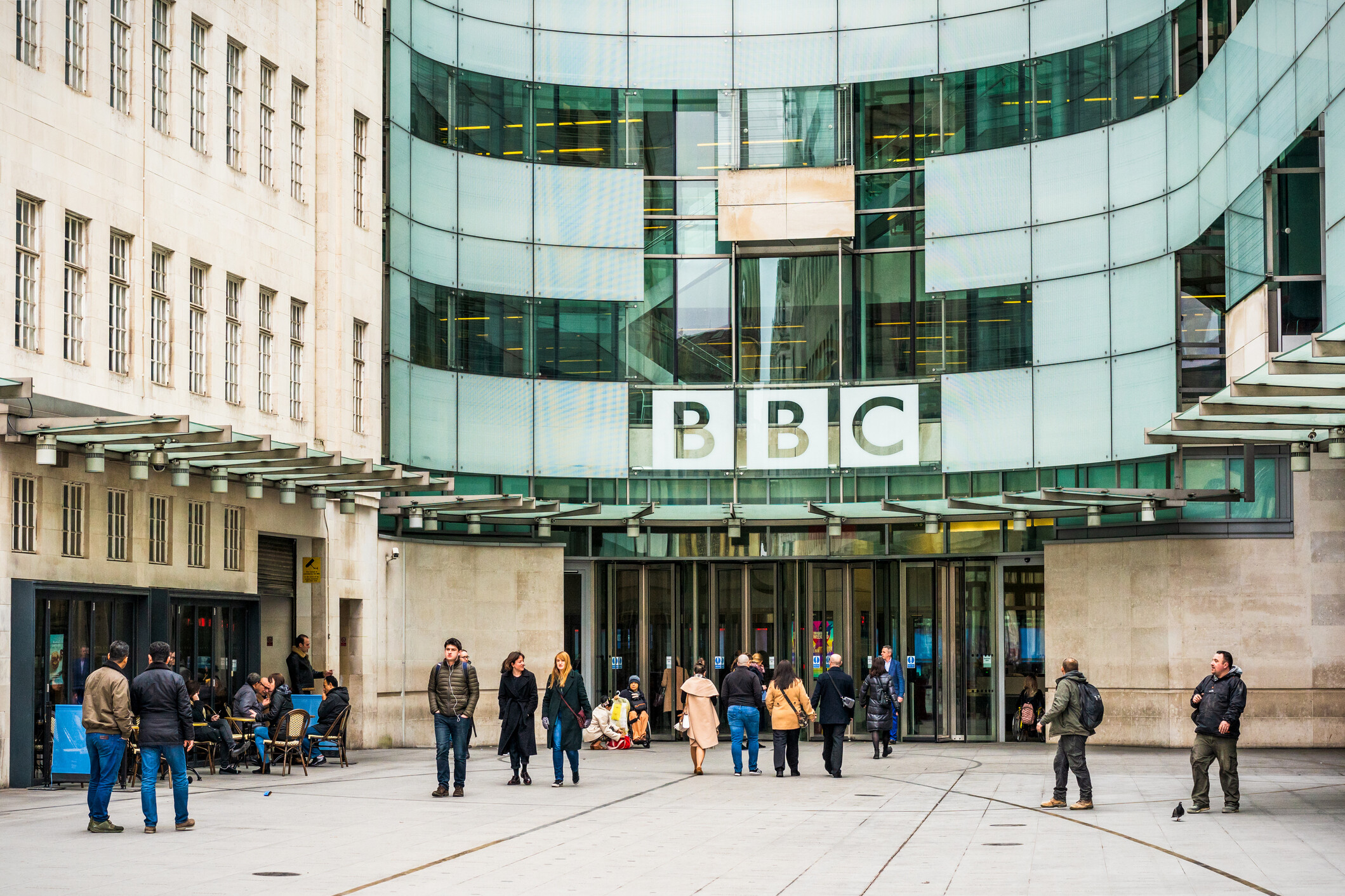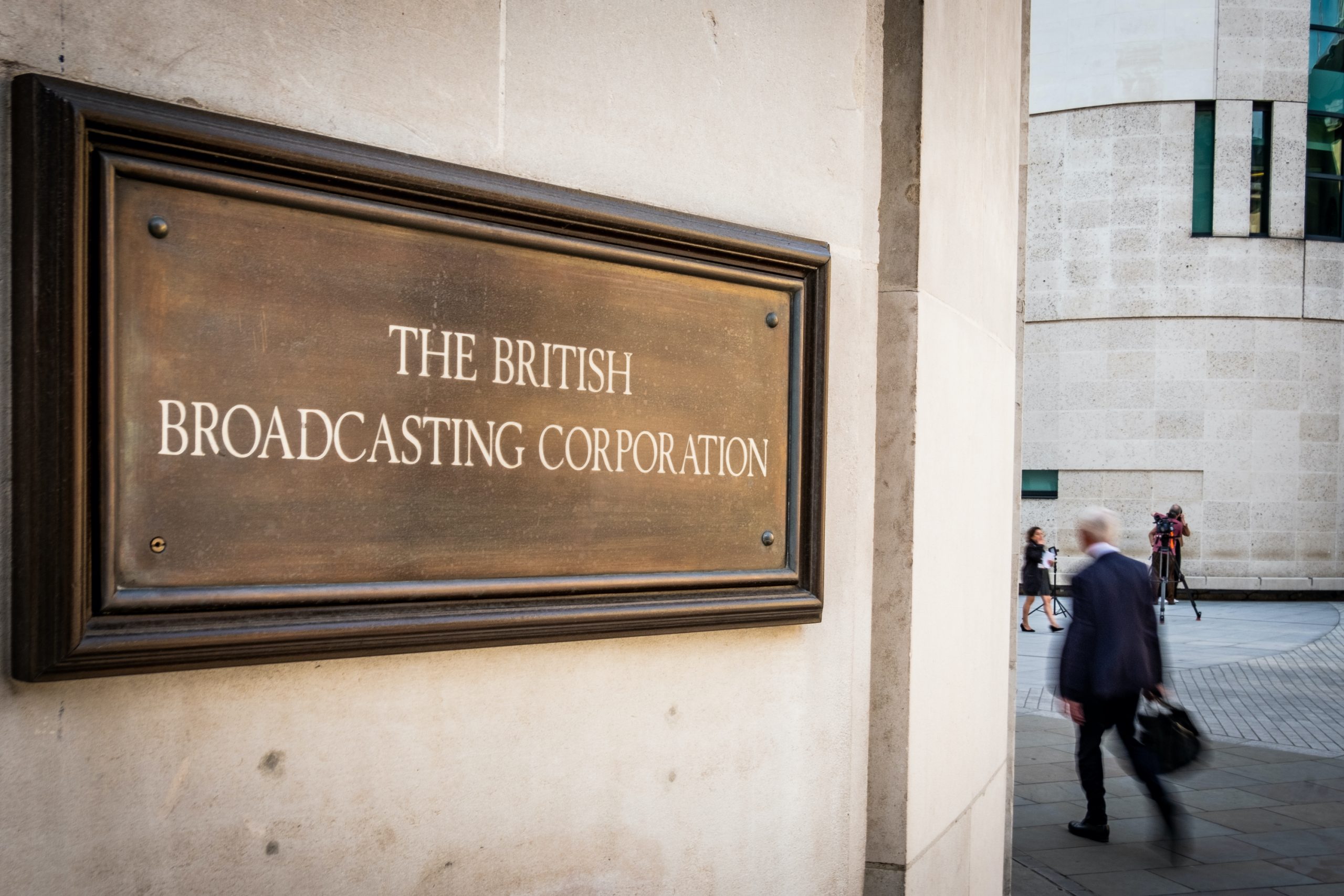The research, titled “What is life like without the BBC”, took the BBC away from 80 households to see how they would cope.
The 9 days cost the equivalent of <£4
In comparison, it costs approximately £3 to pay for Netflix over the same period (under a £10 per month subscription)
A new report provides evidence of how British audiences underestimate the value they get from the UK’s largest public service media organisation and the licence fee.
The study, conducted by research company MTM on behalf of the BBC, was designed to find out how 80 British households would cope without access to the publicly funded broadcaster’s content and services for nine days, and to help improve understanding of the value of the licence fee.
30 of the households selected, before the experiment began, did not want to pay the £159 (€187) licence fee, and did not want to receive BBC content. Another 30 households wanted to pay less than the licence fee. The final 20 households were the control group, who were happy to pay the full licence fee.
Following the study, 70% of the 60 households that were doubtful of the benefits they receive from the licence fee – especially vis-à-vis the cost of other streaming services – changed their minds. The results showed they were now willing to pay for the full licence fee or more, to guarantee its survival. 19 of the 20 households that were originally content in paying the full licence fee or more maintained the same attitude after the nine days.
What came of the deprivation experiment was a reminder that the licence fee covers more than just linear TV but also local and national radio and online services. It also prompted a heightened realisation and appreciation of the broad range of services that BBC-less households would miss out on. This included not only flagship services such as multiplatform BBC News and entertainment, but also the offerings which are taken for granted and not always considered in debates about the licence fee. This category includes BBC Food, BBC Weather, ad-free radio, content on the BBC’s social media accounts, and trusted, educational children’s services like CBeebies.
As well as this, the study found the households started to recognise the BBC’s unique societal and cultural role to UK life, and how it fosters a sense of belonging.
“It is great to see the role the BBC plays in people’s lives up and down the UK and it not only shows the importance of public service broadcasting it reinforces that we must continue the hard work to maintain that support and ensure we offer something for everyone.” – Tim Davie, BBC Director-General
Yet, as the broadcaster celebrates its centenary this year, it faces growing financial and political pressures, from the licence fee being frozen for two years, to calls from politicians to abolish the licence fee altogether when the BBC’s Charter is renewed in 2027.
MTM’s findings therefore signify an underappreciation of the diverse range of content and services that British households actually consume in their daily lives. It led to most households reconsidering the value of the BBC and the licence fee and how they interact with it.
The findings were consistent with the data from a similar study undertaken in 2014-15. That report revealed 69% of households changed their minds from preferring to pay less or not at all, to wanting to pay the full licence fee or more. This is “despite a dramatically different media landscape in 2022” with more competition from streaming services and tech companies, wrote MTM.
BBC’s Director-General, Tim Davie, said, “It is great to see the role the BBC plays in people’s lives up and down the UK and it not only shows the importance of public service broadcasting it reinforces that we must continue the hard work to maintain that support and ensure we offer something for everyone.”
Watch MTM’s deprivation study explained: What life is like without the BBC: Household study
Featured image: LONDON- APRIL, 2019: The BBC or British Broadcasting Corporation headquarters building on Portland Place. Credit: Willy Barton/Shutterstock.com
Related Posts
18th January 2022
BBC funding freeze: the importance of a licence fee
BBC's funding freeze and talks of a new…


